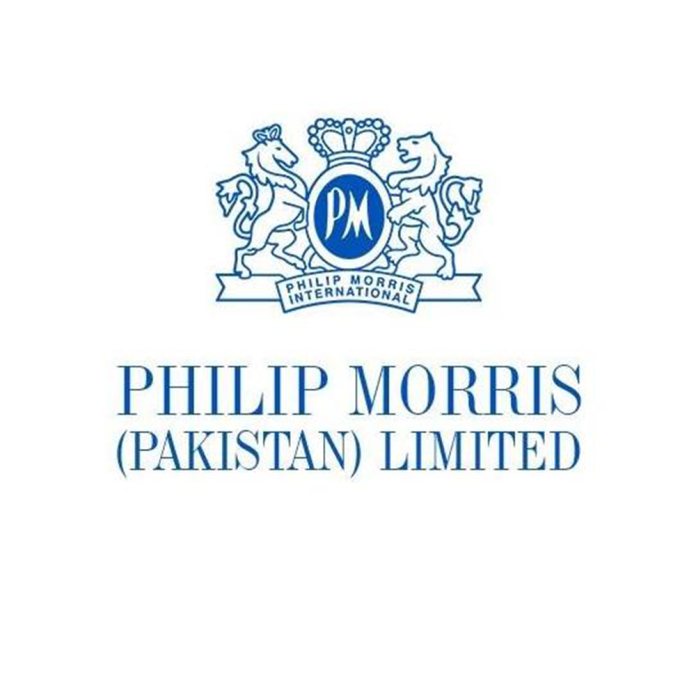Philip Morris Pakistan (PMPKL) has exported raw tobacco worth $48 million over the past five years, driven by the company’s sustainability initiatives.
In the first six months of 2024 alone, PMPKL has exported over $15.8 million in tobacco to various countries, surpassing last year’s total exports of $13.9 million.
During a recent visit of a group of journalists to PMPKL’s Green Leaf Threshing (GLT) facility in Mardan, company officials highlighted their commitment to not only producing high-quality cigarettes but also significantly increasing raw tobacco exports.
“PMPKL has actively integrated sustainable practices into its operations in Pakistan, focusing on crop diversification, social sustainability, and environmental stewardship. The progress on all the sustainability fronts is a moment of pride where the programs implemented have brought tremendous value in the operations and community,” said Head of Leaf PMPKL, Abid Javed.
It is pertinent to mention that as part of its Crop Diversification Initiative under the Integrated Production System (IPS), PMPKL has introduced mechanization in tobacco farming. This includes the deployment of 30 tractor-pulled transplanters, 1,675 suckericide applicators, and 116 intercultivators.
Additionally, 625 farmers have received training in mushroom farming, producing 14,413 kilograms of mushrooms and increasing their incomes by PKR 11,691 per farmer. Kitchen gardening programs have also benefitted 3,719 farmers, who received vegetable seed packages that boosted their incomes by PKR 23,633.
Furthermore, bean seeds were distributed to 344 farmers, resulting in an income rise of PKR 13,000 per farmer.
PMPKL’s social sustainability efforts focus on eliminating child labor, ensuring fair wages, and improving working conditions. The company’s “Learning with Safety & Fun” initiative has positively impacted 5,000 children. In addition, the distribution of 792 stringing machines has reduced labor costs by PKR 20,519 per hectare. PMPKL has also provided vocational training to 3,521 young people aged 15-17 in trades such as tailoring, electrical work, and food processing. The company has launched the ALP Support Line to handle labor grievances and has conducted awareness campaigns on labor practices through street theater and village outreach programs.
According to the company, in its bid to reduce its environmental footprint, PMI has achieved a 20.4% reduction in fuelwood usage through metallic furnace upgrades and a 10% reduction through the use of venturi furnaces. The company has planted 5.4 million trees and ensures that 100% of its wood is sustainably sourced and traceable. Additionally, PMI’s waste management initiatives have collected 14.7 tonnes of waste, with plastic waste incinerated and non-hazardous waste recycled. The switch from furnace oil to LPG for boiler fuel has led to a 17% reduction in CO2 emissions, and PMI’s Stemmery facility was declared carbon-neutral by SGS UK in 2020.


